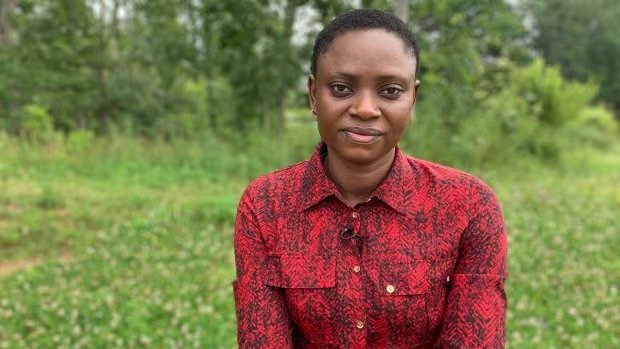New Visa Fee Could Deepen Colorado’s Teacher Shortage Crisis

For four years, the Revere School District in Colorado’s far northeast struggled to fill a single science teaching position.
In a school of just 135 students, the superintendent pieced together a patchwork of stopgap instructors, an agriculture teacher covering biology, an EMT teaching anatomy, until finally, relief came in the form of a qualified science teacher from the Philippines, hired on an H-1B visa.
But a new Trump administration order imposing a $100,000 fee per H-1B visa now threatens to end that lifeline, putting hundreds of rural and urban classrooms at risk across Colorado. “We would not be able to pay that,” said Superintendent Sandra Rahe. “$100,000 is more than two salaries for our teachers.”
Colorado districts, from remote towns like Revere and Bethune to major systems in Denver and Colorado Springs, depend on international teachers to fill chronic shortages, especially in math, science, bilingual education, and special education.
Many say the proposed fee would shut off that pipeline entirely, leaving thousands of students without certified teachers.
Superintendents describe the issue as one of survival, not substitution. “There is a teacher shortage across the nation,” said Wendy Birhanzel, superintendent of Harrison School District near Colorado Springs, which employs educators from the Philippines, Spain, Mexico, and India. “Hiring international teachers ensures our students have highly qualified teachers.”
Districts like Telluride and Summit County depend on H-1B educators to sustain dual language programs that build bilingualism and cultural understanding.
“Research has shown that when students see teachers who represent them, they feel seen and valued,” said Telluride’s John Pandolfo, whose district has 12 H-1B teachers supporting its two-way immersion program.
Elsewhere, housing costs add to the crisis. In Eagle County, Superintendent Phillip Qualman said visa-holding teachers are among the few willing to work in mountain communities where living costs are prohibitive. “Visa holders are willing to come here and work for what we’re able to pay,” he said.
Across Colorado, educators warn that the proposed visa fee could deepen inequities between rural and urban districts and between wealthier and lower-income communities. The result: students, especially in small towns, would lose access to quality education.
This growing crisis underscores every child’s right to education and qualified teachers. It guarantees the right to free and quality education for all children. Ensuring that the right means keeping classrooms staffed, with qualified teachers.





